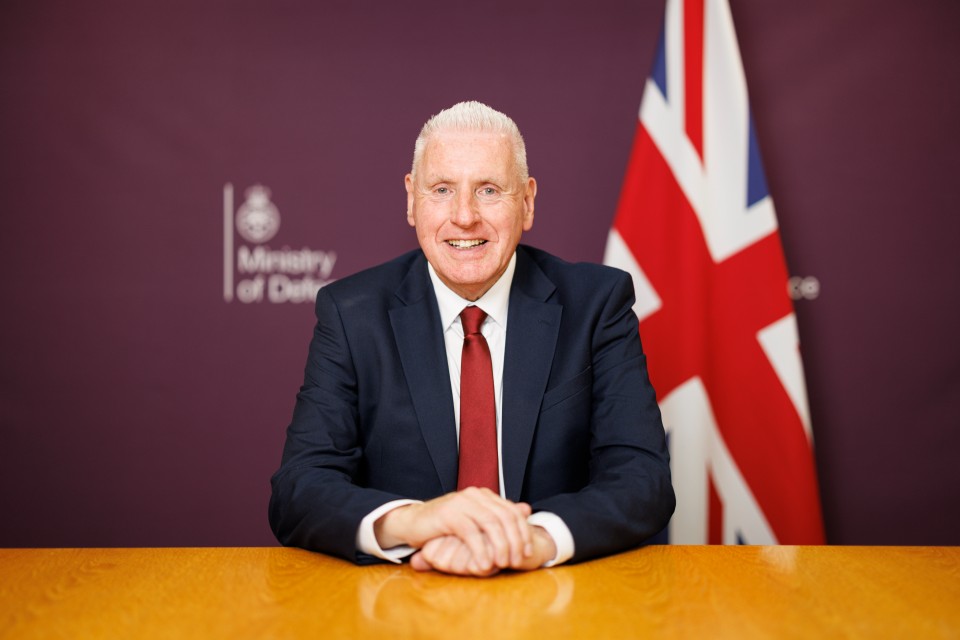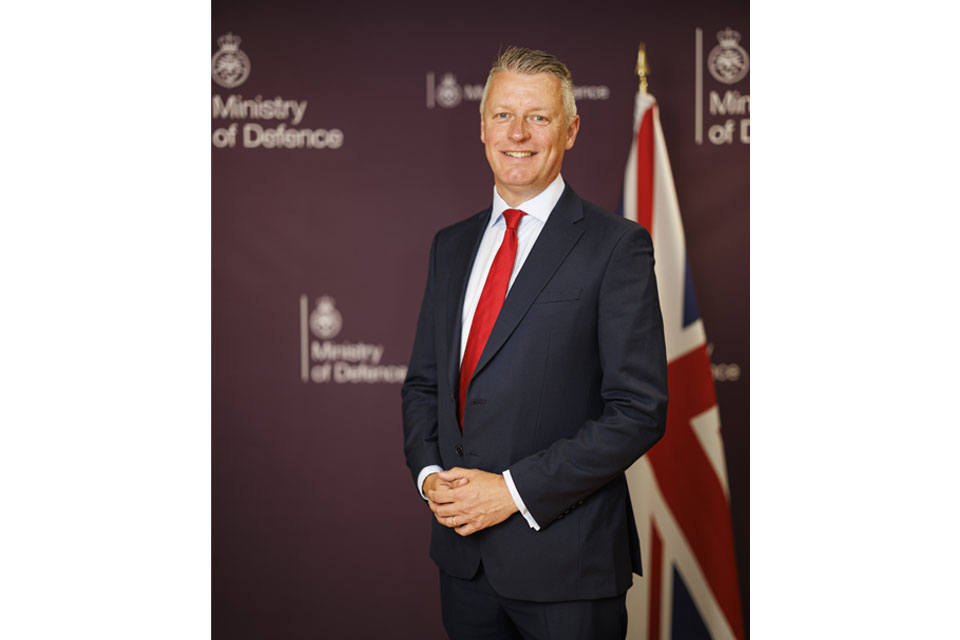We met in Rome on 12 June to discuss Euro-Atlantic security and Russia’s aggression against Ukraine, for which the NATO Secretary General and the Ukrainian Foreign Minister joined us.
We reaffirmed our commitment to a stronger and more sovereign Europe, able to defend its citizens and its interests and to contribute to international peace and security. To this end, we will continue working together to strengthen our collective security and defence and to reinforce the European contribution to NATO.
The Atlantic Alliance remains the cornerstone of our collective defence. The NATO Summit in The Hague will demonstrate our unity, based on an enduring transatlantic bond, an ironclad commitment to defend each other, and fair burden-sharing. The Summit must take further decisions to build a stronger Alliance, prepared to defend every inch of the Allied territory.
European countries must play an even greater role in ensuring our own security. For European allies to take on more responsibilities within NATO, we called for an ambitious reinforcement of European defence capabilities, stepping up in a flexible and sustainable manner national security and defence expenditures, enabling us to effectively deter and defend across all domains in the Euro-Atlantic area. This includes collaborative projects, joint procurement, and support for interoperability, as well as strengthening our defence technological and industrial base. To this end, we welcomed the European Union’s initiatives in security and defence, fully complementing NATO, while emphasising the need for additional structural measures by the European Union and its partners to mobilise the resources necessary to achieve the new common level of ambition.
We will continue to work within NATO, the EU, and like-minded formats to achieve our common goals. The EU-UK Security and Defence Partnership is a concrete sign of the resolve to work together, as Europeans, to face an evolving and complex international landscape.
We recognised that a 360° approach to Euro-Atlantic security is necessary to protect our citizens and societies, to overcome the consequences of the Russian war of aggression against Ukraine, and to counter threats and challenges in all domains in our Eastern and Southern neighbourhoods, and in the Baltic region. We will enhance our partnerships in the regions that have an impact on our security to tackle instability and foster peace and prosperity, especially in the Mediterranean, in Africa, the Western Balkans, in the Black Sea region, and in the MENA region in a context profoundly marked by the attack on 7 October and its aftermath with the need to achieve the release of all the hostages taken by Hamas, an immediate ceasefire in Gaza and a urgent resumption of aid.
We once again stressed our unwavering support for Ukraine, its people, its democracy, its security, sovereignty, independence, and territorial integrity within its internationally recognised borders. A strong, independent, and democratic Ukraine is vital for the stability and security of the Euro-Atlantic area.
We welcomed US-led peace efforts and recent talks between Ukraine and Russia as a step towards a comprehensive, just and lasting peace, in accordance with international law, including the United Nations Charter. Europe will continue to contribute to these efforts and stands ready to support the implementation of a peace agreement following the principles of the UN Charter. We appreciated Türkiye’s role, being prepared to support any other relevant facilitation initiatives that can contribute to advancing towards a fair and lasting solution.
We commended Ukraine’s constructive engagement in the process, which demonstrates its strong commitment to peace, particularly its readiness to commit to a 30-day immediate, comprehensive, and unconditional ceasefire as a solid foundation for serious and credible negotiations, as well as the openness for meeting at the presidential level. We urged Russia to reciprocate without further delay, and to drop its unacceptable maximalist demands and preconditions, to prove it is genuinely interested in peace. We deplored recent massive Russian attacks against Ukrainian cities and civilian populations, which are a clear breach of international law.
To that end, we reiterated our readiness to step up our pressure on Russia as it continues to refuse serious and credible commitments, including through further sanctions and countering their circumvention. We are also ready to swiftly adopt new measures (notably in the energy and banking sectors) aimed at undermining Russia’s ability to continue waging its war of aggression and to ensure Ukraine is placed in the best position possible to secure a just and lasting peace. We are determined to keep Russian sovereign assets in our jurisdictions immobilised until Russia ceases its aggression and pays for the damage it has caused.
A just and lasting peace must include adequate security guarantees for Ukraine, beginning with a strong Ukrainian army and defence industry. To this end, and building on Transatlantic unity, we will work with Ukraine on initiatives to strengthen Ukraine’s armed forces; we are prepared to enhance our support, including through improving defence industrial cooperation with Ukraine, and exploring additional forms of security and defence cooperation in line with our support for Ukraine’s Euro-Atlantic integration.
We will also continue working with the US on this.
We remain firmly committed to supporting Ukraine’s economic stability under its IMF programme, ensuring it has sufficient fiscal assistance for 2026 and beyond, and its recovery and reconstruction, in close coordination with our international partners. Early recovery and reconstruction will help lay the foundation for a more prosperous Ukraine that is integrated into Europe. This presents an opportunity to embed resilience, foster prosperity, and advance reforms toward Ukraine’s integration into the European Union, with the ultimate goal of EU membership, adopting a “whole of society” approach and focusing on “building back better”. The Ukraine Recovery Conference, which will be hosted by Italy in July 2025, will represent a pivotal moment for advancing such efforts.







